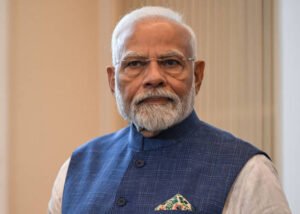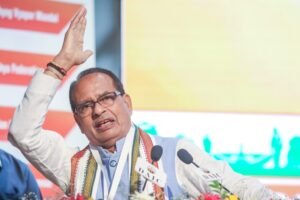BEML to make the first indigenous bullet train; Will be ready in two years

New Delhi| Government-owned BEML (Bharat Earth Movers Limited) has received a contract worth Rs 867 crore to design, build and operate two high-speed trains. For the first time, such an indigenous bullion train is to be constructed in the country. Their maximum speed will be 250 to 280 kilometers per hour.

The contract to manufacture high speed trains has been given to BEML by Chennai-based Integral Coach Factory (ICF). According to a report by Business Standard, the Railway Ministry has asked ICF to build two trains that can run at a speed of more than 250 kilometers per hour. Now ICF has issued tender for these trains and handed over the work to BEML.

“Each of its coaches will cost Rs 27.86 crore and the entire contract is worth Rs 866.87 crore”, BEML told the exchanges The company has said that this amount includes the cost of design, cost of preparing the train once, non-recurring charges, jigs, fixtures, tooling and one-time investment for testing facilities. According to the company, the testing facilities prepared for this project will be used for all future high-speed projects in India.
“This project will prove to be an important milestone in India’s high-speed rail journey”, the company said. It will run with a test speed of 280 kmph and will be indigenously designed and built.”

These sets will be built at BEML’s Bengaluru Rail Coach Complex and are expected to be delivered by the end of 2026. According to reports, after talks to buy bullet trains from Japan failed, the Railways has decided to build its own bullet train. It is not yet clear whether the trains to be developed by BEML will be for the Mumbai-Ahmedabad High Speed Rail Corridor or not.
According to BEML, fully air-conditioned trains will have reclinable and rotatable seats, special facilities for passengers and onboard infotainment systems. Railways has developed track for standard gauge trains in Rajasthan last year to test its capabilities in developing high-speed trains. It aims to export Vande Bharat trains, which are to be converted from broad gauge to standard gauge, which are the most accepted globally.






